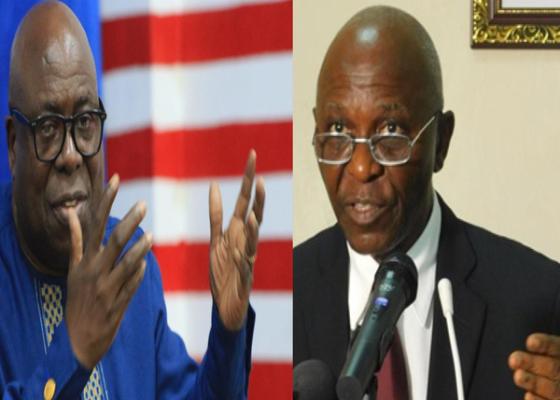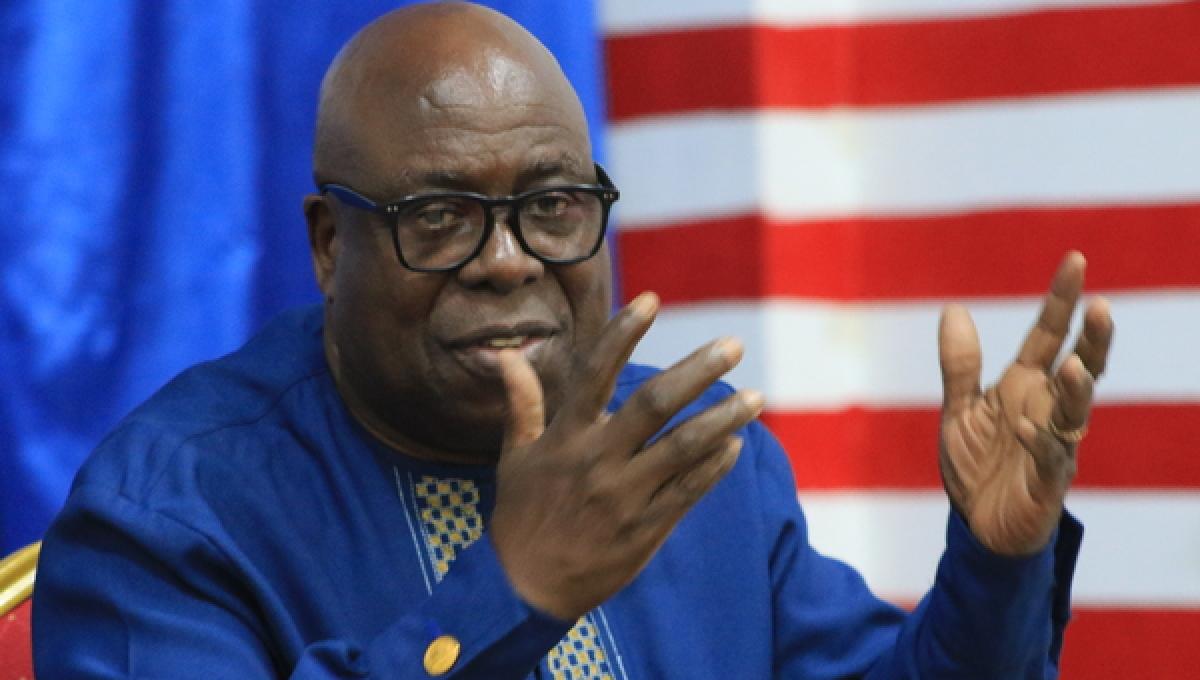Liberia: NCHE Defies Education Minister over New Policy

--- “The NCHE has reiterated its stands, demanding that heads of all postsecondary institutions acquire doctoral degrees,” the statement said, in defiance of the Minister’s halt order, said.
A battle of supremacy between the Director General of the National Commission on Higher Education (NCHE), Edward Wonkeryor, and the Minister of Education, Ansu Sonii, over the implementation of a new tertiary education policy is heating up as the commission’s head takes a defiant stance.
The policy, which prohibits non-doctorate degree earners from serving as presidents for any tertiary institutions as may be the case currently was announced last week, however, it was halted by the Minister of Education.
The Minister, who is the Board Chairman of the NCHE, noted that the policy was disruptive and it also came with no reasonable notifications. The policy, If effectively enforced, may hook many of the country's top university and college presidents.
However, the Commission, in a statement yesterday noted that they stand ready to thrash everything that undermines the provision of quality and competitive higher education in Liberia.
According to the Commission, the police in question seek to place our higher education system into equivalence with our regional and international contemporaries."
“The NCHE has reiterated its stands demanding that heads of all postsecondary institutions acquire doctoral degrees,” the statement, in defiance of the Minister’s halt order, said. “This policy has been stressed throughout since 2010. In view of this, the NCHE wants to restate its February 10, statement on staff requirements that the commission stands ready to thrash everything that undermines the provision of quality and competitive higher education in Liberia.”
"The NCHE, therefore, stands by its position: we urge all institutions to begin the necessary preparations for compliance, as we consult the board of commissioners on a suitable formula," the statement.
According to the Commission, its secretariat is in consultation with the Board of Commissioners to finalize a workable formula for the effective implementation of the staff requirement and regulations.
"The necessity for heads of higher institutions in Liberia to possess earned terminal degrees from accredited requirements as stated herein is not abrupt, or arbitrary, as some may perceive it."
Meanwhile, the NCHE's actions to ban non-terminal degree holders and others who possessed honorary degrees in similar categories came a few months after pledging to eliminate the rising number of tertiary institution presidents without terminal degrees as a way to stop the country's higher education system from deteriorating.
The Commission’s decision follows the exposure of a slew of fake academic degrees by a Diaspora organization — the Campaigners for Academic Crimes Court in Liberia.
The independent academic watchdog group has successfully proven that numerous public officials, as well as university and college professors, some of which serve at the University of Liberia, have been parading the echelons of power and privilege in Liberia with fake academic credentials.
The group has also for some time now been fighting degradation in the education system, beginning with a crackdown on unlicensed and phony schools that offer bogus degrees.
However, the Commission has struggled not only to address concerns about standards and quality but also honorary doctorate holders at leading universities, while others are from unaccredited or unverified online universities.

